Hospital and healthcare management software encompasses a wide range of tools and systems designed to streamline various aspects of healthcare administration, patient care, and resource management within hospitals, clinics, and other healthcare facilities.
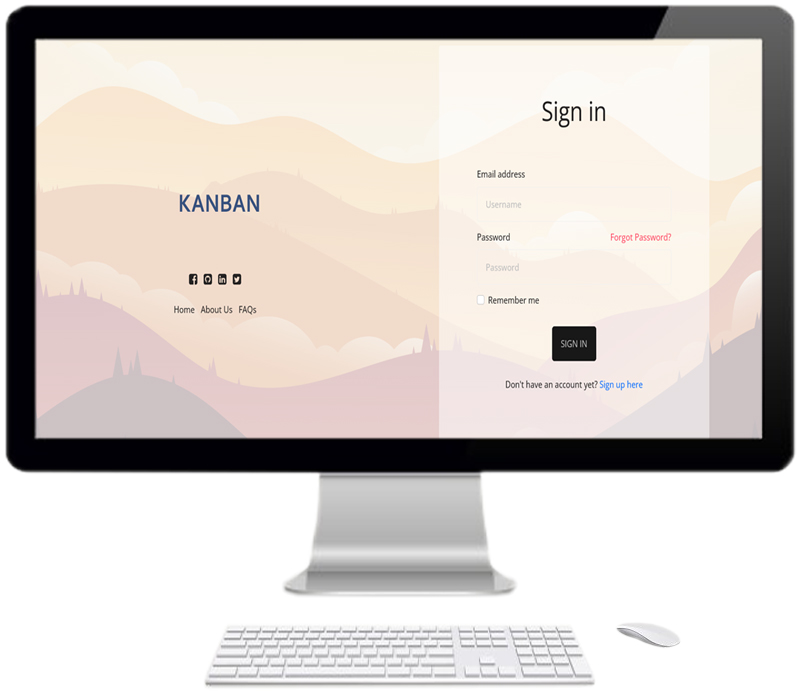
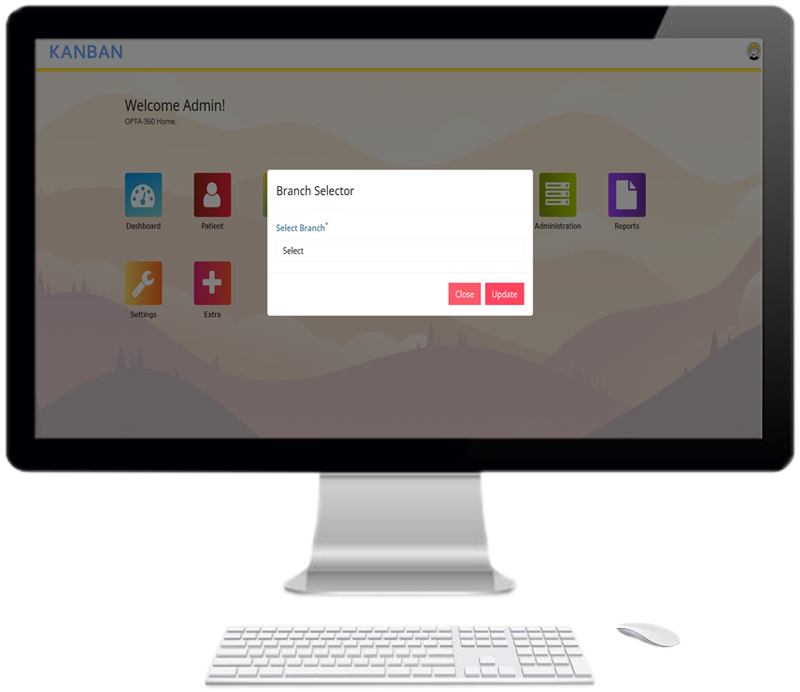
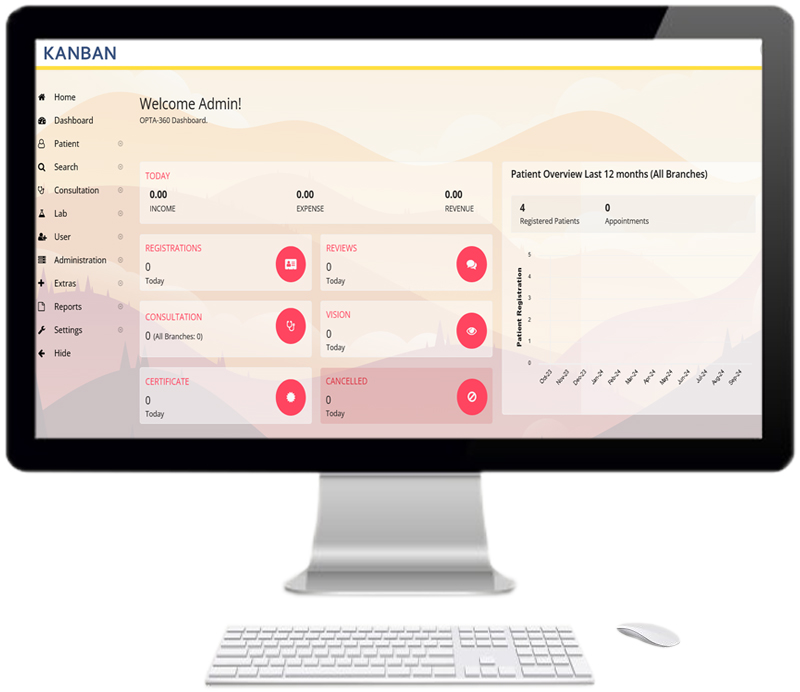
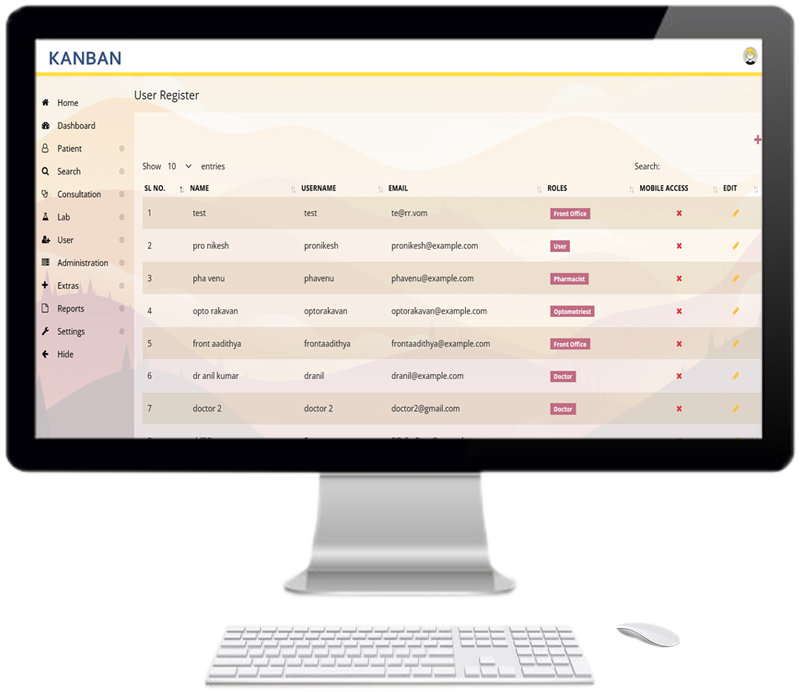
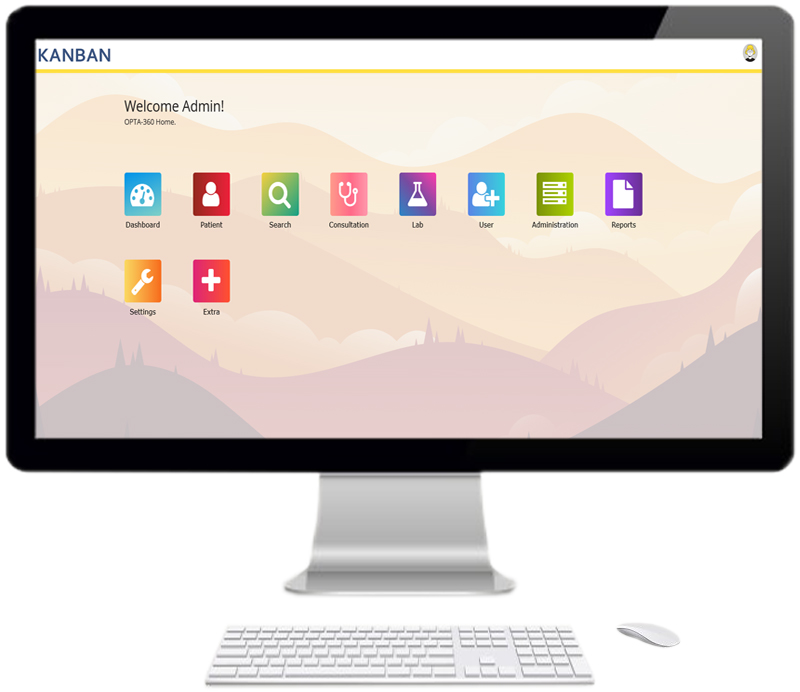
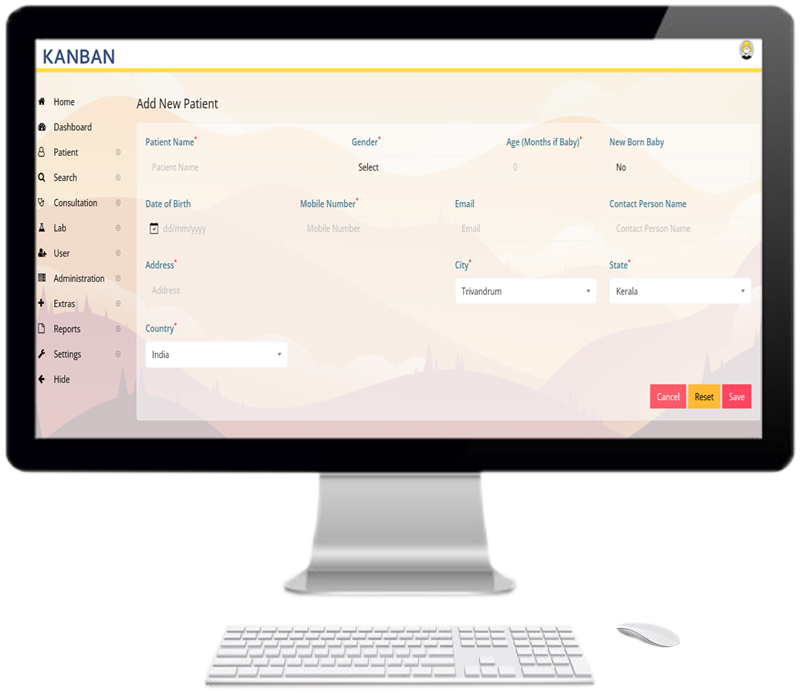
Here are some key features and functionalities commonly found in such software:
Electronic Health Records (EHR) Management: EHR systems digitize patient records, allowing for easy access, storage, and sharing of patient information among healthcare providers.
Patient Registration and Scheduling: Software facilitates patient registration, appointment scheduling, and management of patient demographics, insurance information, and medical history.
Billing and Financial Management: These modules handle billing, invoicing, claims processing, and financial reporting. They may also integrate with insurance systems for claims submission and reimbursement.
Inventory and Supply Chain Management: For hospitals, managing inventory of medical supplies, pharmaceuticals, and equipment is crucial. Software helps in tracking stock levels, ordering supplies, and managing vendor relationships.
Laboratory Information System (LIS): LIS manages laboratory workflows, test orders, specimen tracking, and test results. It also integrates with other systems for seamless data exchange.
Picture Archiving and Communication System (PACS): For radiology departments, PACS allows storage, retrieval, distribution, and presentation of medical images. Integration with EHR ensures easy access to images within patient records.
Pharmacy Management: Pharmacy software assists in managing medication dispensing, inventory control, prescription processing, and adherence monitoring.
Patient Portal: A secure online platform where patients can access their health records, schedule appointments, communicate with healthcare providers, and view test results.
Telemedicine Integration: With the rise of telehealth, healthcare management software may integrate telemedicine features for virtual consultations, remote monitoring, and telehealth appointments.
Analytics and Reporting: Software provides tools for data analysis, generating reports on key performance indicators, patient outcomes, resource utilization, and financial metrics to support decision-making and compliance with regulatory requirements.
Interoperability and Integration: Integration with other healthcare systems and standards (such as HL7, FHIR) ensures seamless data exchange between different healthcare providers, systems, and devices.
Security and Compliance: Healthcare software must adhere to strict regulations (such as HIPAA in the United States) to ensure patient data privacy and security. Robust security features like encryption, access controls, and audit logs are essential.
Mobile Applications: Healthcare management software solutions offer mobile apps for healthcare professionals to access patient information, update records, and communicate with colleagues on the go.
Best Hospital and Healthcare Management Software
1. What is Hospital and Healthcare Management Software?
Hospital and Healthcare Management Software (HMS) is a digital system designed to streamline and automate various operational, administrative, and clinical functions in hospitals and healthcare facilities. It enables efficient patient data management, appointment scheduling, billing, reporting, and other key processes.
2. What are the key features of Healthcare Management Software?
- Patient Registration and Records: Centralized storage of patient medical histories and demographics.
- Appointment Scheduling: Efficient appointment booking and management.
- Billing and Invoicing: Automates billing, insurance claims, and payment processing.
- Electronic Health Records (EHR): Secure electronic records of patient treatment history.
- Pharmacy Management: Manages drug inventory, prescriptions, and dispensation.
- Lab and Radiology Management: Tracks and manages lab tests and diagnostic imaging results.
- Reporting and Analytics: Provides insights into operations, patient care, and finances.
3. How does HMS improve operational efficiency?
HMS automates routine tasks such as appointment scheduling, billing, and inventory management, reducing administrative workload and errors. It provides real-time access to patient records, streamlines communication, and improves decision-making, resulting in better resource allocation and operational efficiency.
4. Is the software compliant with healthcare regulations like HIPAA?
Yes, most HMS solutions are designed to comply with regulatory requirements such as HIPAA (Health Insurance Portability and Accountability Act) to ensure that patient information is securely stored and handled, protecting against unauthorized access and breaches.
5. How does the software support patient engagement?
HMS often includes features such as patient portals, where patients can access their health records, schedule appointments, receive test results, and communicate with healthcare providers, enhancing patient engagement and satisfaction.
6. Can the software be integrated with other hospital systems?
Yes, modern Healthcare Management Software can integrate with other systems like EHR, pharmacy management, laboratory systems, and financial software. This allows seamless data exchange and improves interoperability across departments.
7. Is cloud-based HMS better than on-premise solutions?
Cloud-based HMS offers several advantages over on-premise solutions, such as easier access to data from anywhere, scalability, lower initial costs, and automatic software updates. However, on-premise solutions provide more control over data and may be preferred for institutions with specific data security policies.
8. How does the software handle data security and patient privacy?
HMS ensures data security through encryption, role-based access controls, audit trails, and compliance with healthcare regulations like HIPAA. These features protect sensitive patient data from breaches and unauthorized access.
9. What are the benefits of using HMS for hospital administration?
HMS improves the efficiency of administrative tasks like scheduling, billing, and record management. It reduces paperwork, minimizes human error, enhances communication across departments, and provides real-time reporting for better decision-making.
10. Can the system be customized to fit the needs of different healthcare facilities?
Yes, many HMS systems are highly customizable to suit the specific needs of hospitals, clinics, and other healthcare facilities. Features and modules can be tailored to fit the size, specialty, and workflow of the institution.